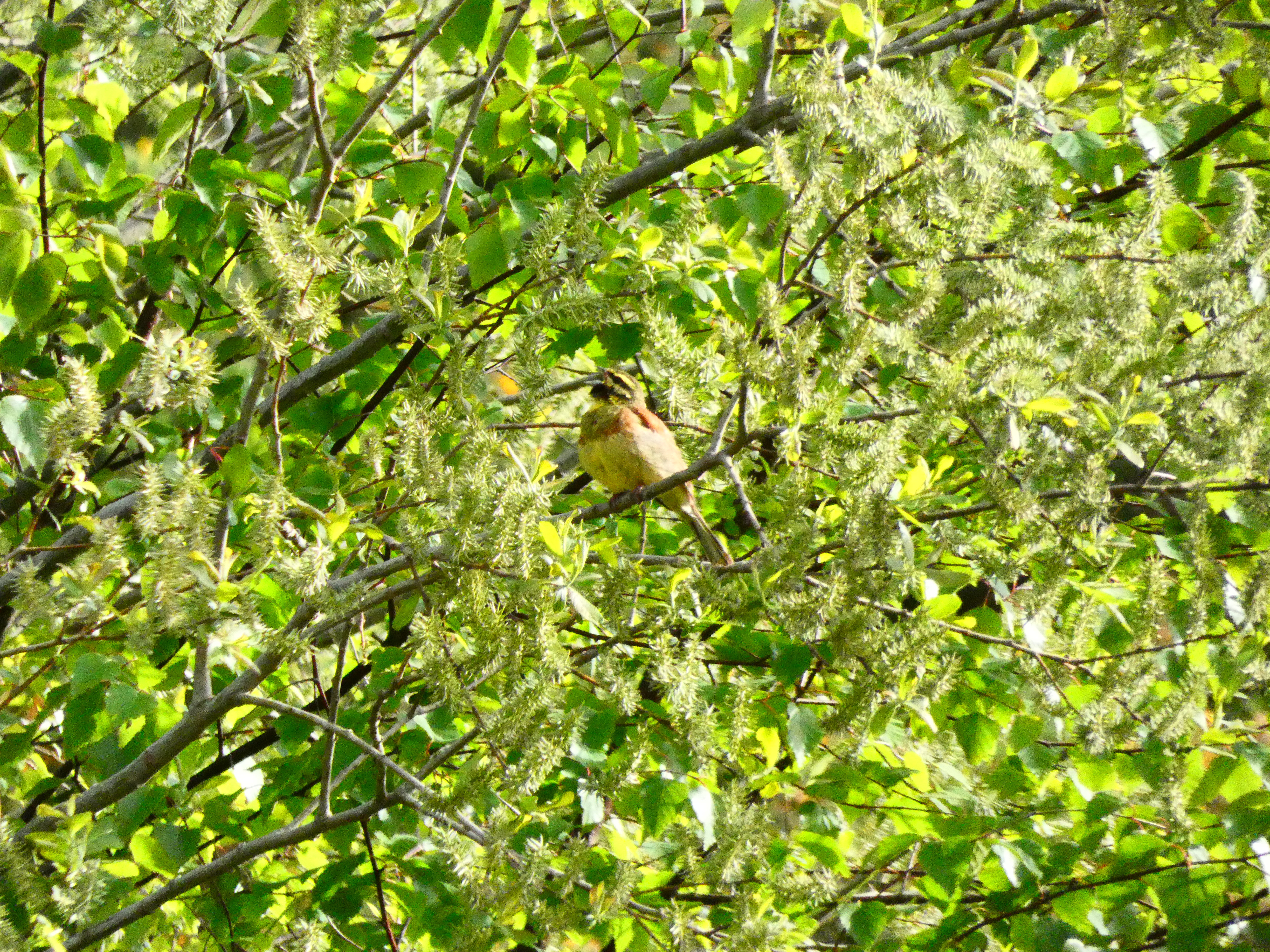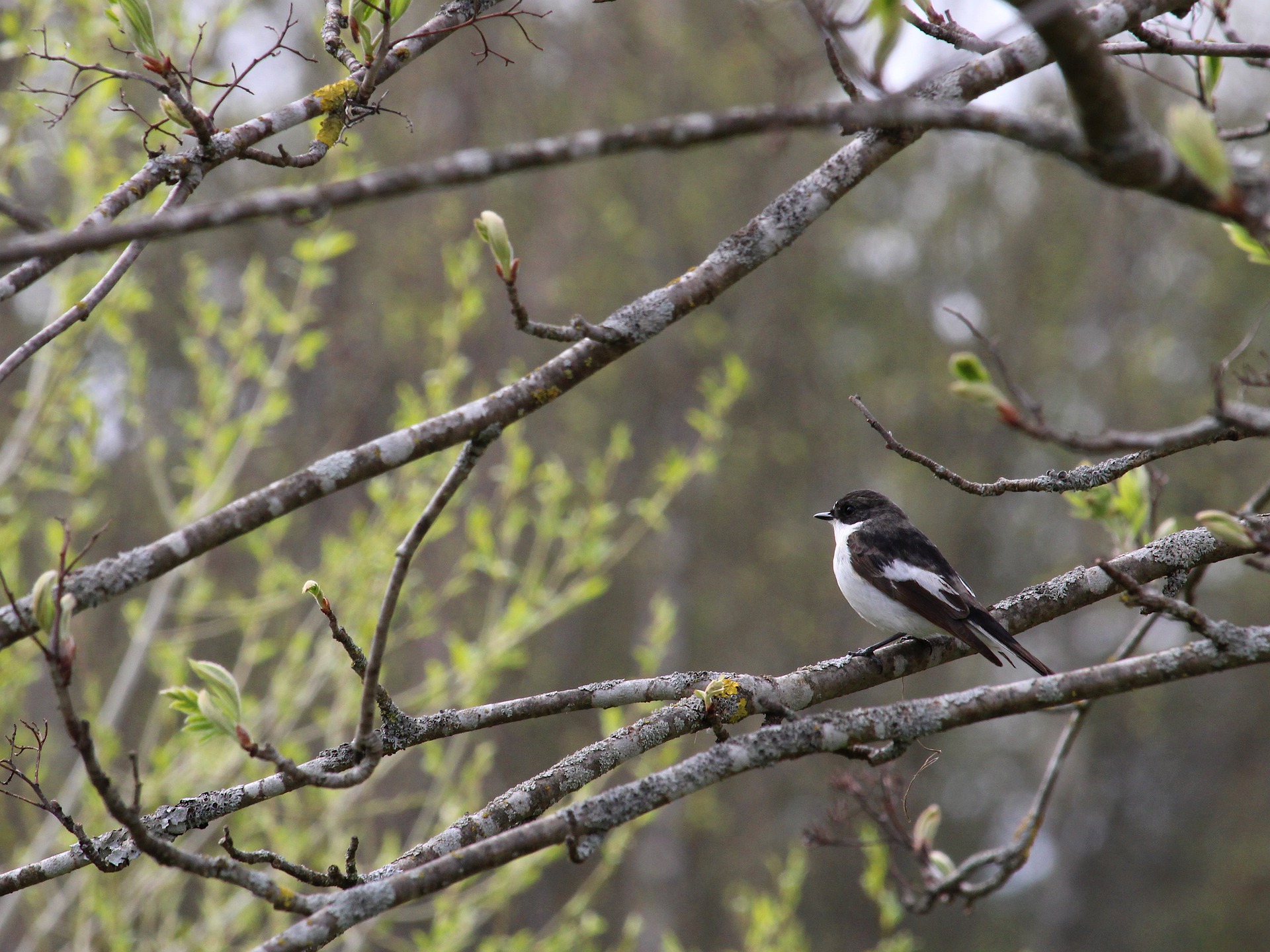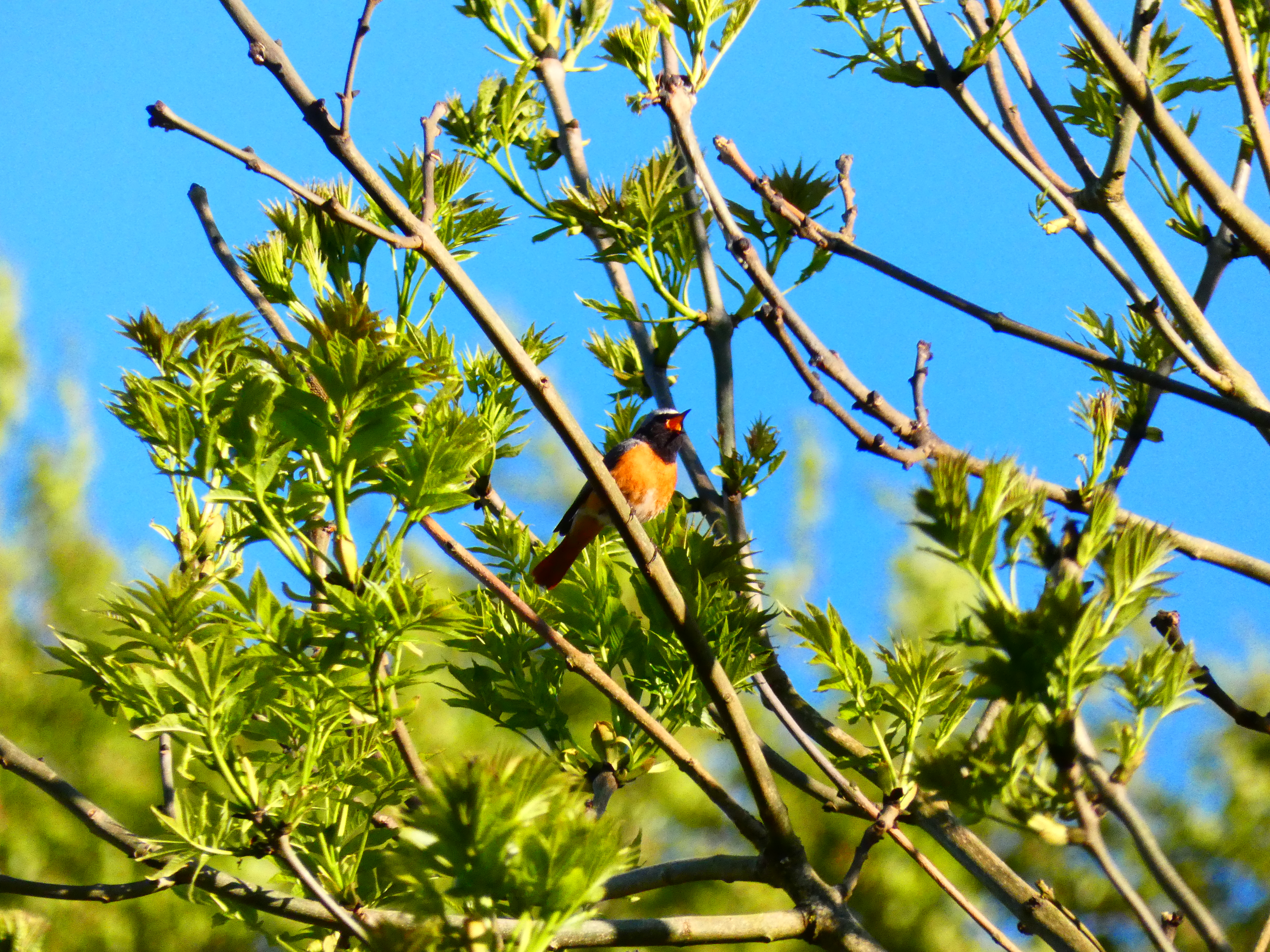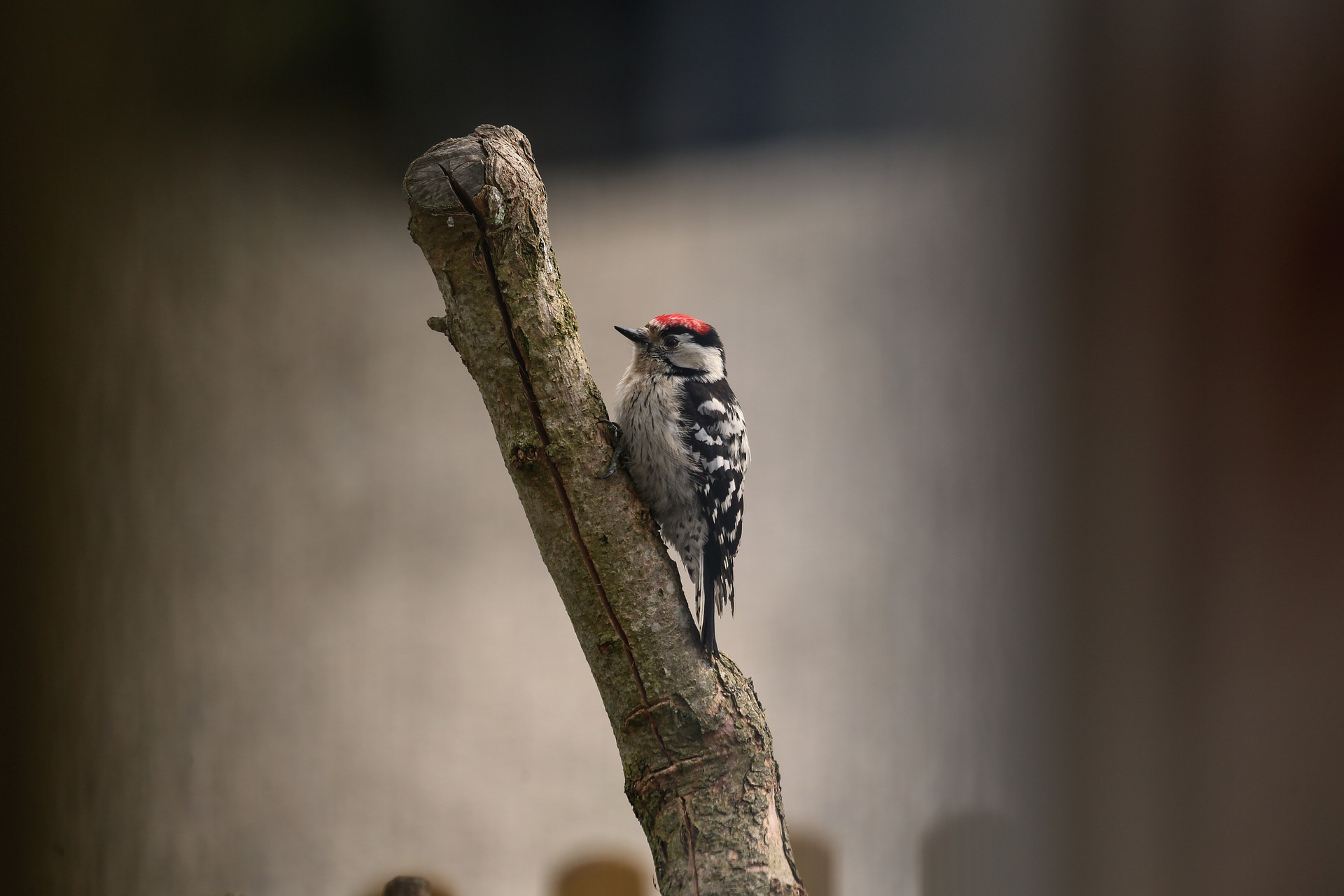Tour Summary
This tour offers three full days exploring some of the best birding sites in South Devon in search of spring migrants. Our search will be varied, exploring new habitats each day, from fertile estuaries and rugged coastline to upland heaths and ancient woodlands. The aim of this tour is provide a taste of the excitement of identifying birds at a peak time, particularly for spring migrants, as well as having the opportunity to learn some bird songs along the way.
The peak times for spotting birds in spring are the earlier and late parts of the day and so our daily itinerary aims to reflect that. The first two full days will involve early morning excursions to one of south Devon’s prime birding locations for migration. Returning to the accommodation by early(ish) afternoon, you will then have the rest of the afternoon to rest and do with as you please, before having the option to head out for a short evening session if desired (more information below). Our third full day involves a slightly later start to allow for a slightly longer session in the afternoon to complete our tour.
Tour Details
Available: Apr – May
(please inquire to discuss specific dates)
Cost: £720 (from £120pp*)
Group size: 2-6*
* group size is decided by you at the point of booking with a minimum group size of 2 people. Each tour is charged at the same total cost as stated above i.e. for a group of 6 this equates to £120pp.
Outline Itinerary
While the order we visit these sites may change (dependent on local conditions & the birds) each tour will always visit three main areas:
.
- South Hams
- Dartmoor
- River Exe Estuary
Day One: Our first excursion will be to make our way towards the South Hams where we will spend our time visiting various coastal sites, including Prawle and Slapton Ley, as we attempt to pick up freshly arrived migrants. The freshwater Ley can attract hundreds of hirundines, Sedge and Reed Warbler as well as a good selection of ducks including rarities such a Ring-necked and Scaup. The cliff tops and scrub often pick up migrant passerines as they come in off the sea including Wheatear, Whinchat and Lesser Whitethroat as well as falls of common migrants like Blackcap, Chiffchaff and Goldcrest, or even the odd rarity including Ring Ouzel and Grasshopper Warbler. Looking out to sea there is a good chance of spotting cetaceans such as porpoise and dolphin, as well as lingering divers (Northern and Red-throated), grebes (Great Crested and Black-necked) and seabirds which nest along the coast included Gannets, Fulmars, Kittiwakes, Guillemots, Razorbills and Puffins. We will also spend some time looking for a Devon specialty, the Cirl Bunting, which can be found in the neighbouring farmland here.
Day Two: Our second full day will see us venture up on to Dartmoor, starting our day with a stroll across the open moor at sunrise. The moorland is home to a fascinating range of birds including large numbers of Meadow Pipit and Stonechat as well as smaller numbers of Whinchat and Grasshopper Warbler which we will actively search for. Dartmoor is also a stronghold for several declining breeders, including Skylark and Snipe, and national rarities such as the Ring Ouzel* and Cuckoo with the latter a primary target. After a picnic breakfast, we will then spend the rest of the day exploring Dartmoor’s classic ancient Oak woodlands; covered in mosses, lichens and ferns, often with a carpet of bluebells. This kind of woodland is loved by a number of migrant birds, such as the Pied Flycatcher, Spotted Flycatcher, Common Redstart, Wood Warbler as well as one very elusive resident, the Lesser Spotted Woodpecker, which we will hope to see at this peak time for activity.
*it is unlikely we will see Ring Ouzel during our visit – please see Best of Dartmoor tour if this is a key focus for you.
Day Three: Our final day will be spent on the River Exe visiting premier birding spots at both ends of the estuary. Firstly we will head out early towards Dawlish Warren NNR, locally known as ‘The Warren’ and centred on a 1½ mile long sandspit across the mouth of the Exe Estuary. It’s a prime location for arriving migrants and for sea-watching so we will split our time between these two activites. Breeding plumaged Dunlin, Sanderling, Grey Plover, Bar-tailed Godwit and Whimbrel are often seen as they prepare to head north whilst out to sea there is a good chance of spotting Great Northern Diver, Red-throated Diver, Sandwich, Common or Arctic Tern, Kittiwake or even a Skua if lucky. As a prominent place for migrating birds to pass through, you can expect a few surprises along the way including spring regulars such as Osprey, Little Ringed Plover and Yellow Wagtail as well as recent local rarities including Little Tern, Mediterranean Gull and Red-rumped Swallow. We will then head up towards The Turf for a spot of lunch by the river before a gentle circular walk around the RSPB’s Exminster Marsh. It’s one of the few locations in the county where you can see display Lapwing and Redshank and can be a great spot for finding a Kingfisher, Marsh Harrier or Garganey.
Once this session is complete, this will mark the end of the tour and it will be time for us to say our goodbyes having seen lots of amazing wildlife and leaving with lots of memories to share with friends and family.
Evening Sessions: Several evening excursions are available including excursions for Nightjar, an Owl prowl, Horseshoe Bat emergence or for roding Snipe. Availability of each is dependent on weather and time of year as we move through Spring. These are optional activities included within the tour and can be discussed during or after booking.







